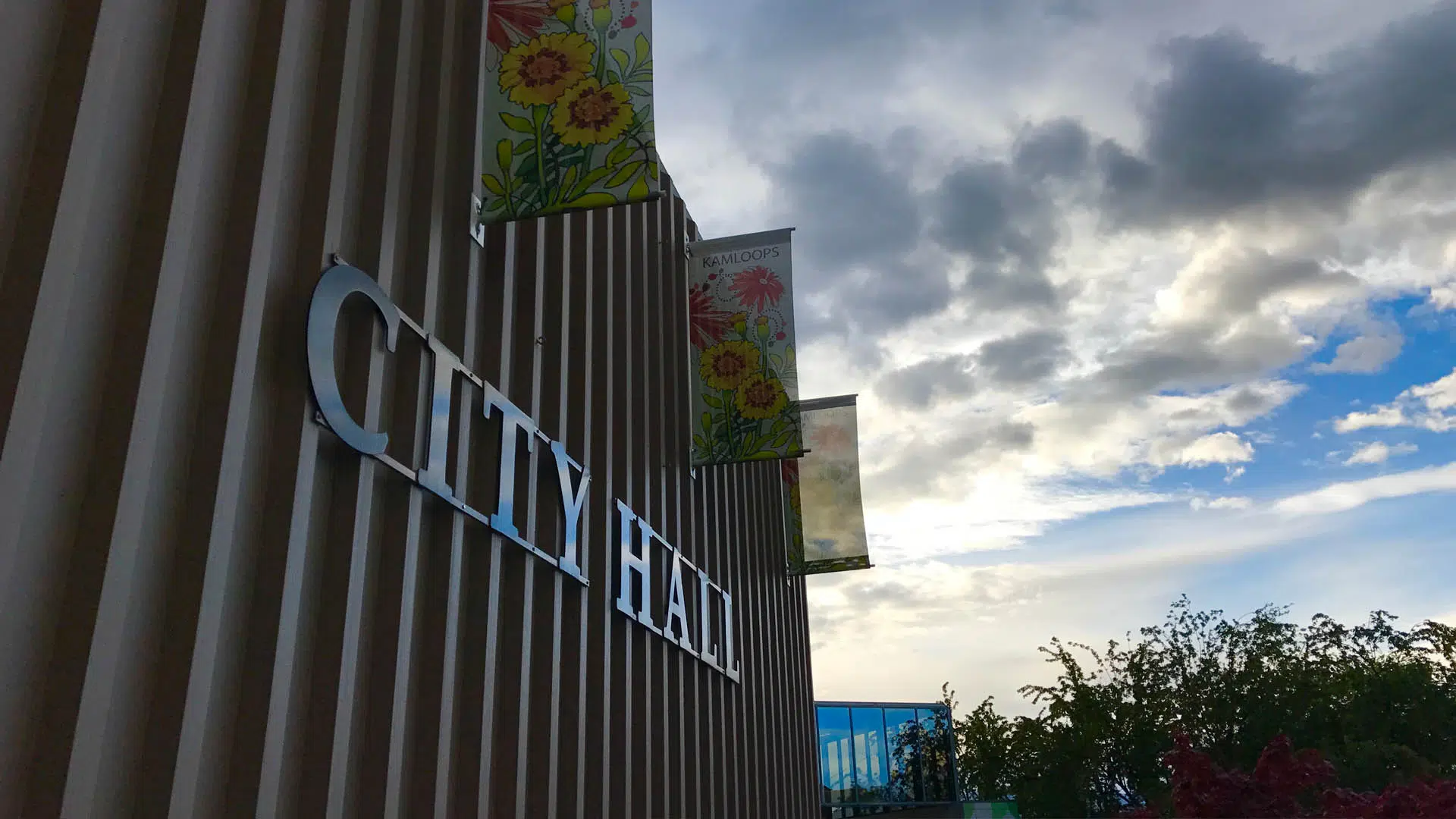
Kamloops hoping for long-term solutions to biosolid waste
KAMLOOPS — The City of Kamloops, in partnership with the province, local First Nations and the local agriculture sector, will put together a stakeholder group to deal with the city’s increasing amounts of biosolids moving forward.
Kamloops city council agreed to move forward with the group, which will provide direction to staff on the long-term uses and management of biosolids.
“The City of Kamloops is the victim of its own success in terms of the efficiency of our sewage treatment works here in Kamloops,” said mayor Ken Christian. “We have managed to take a lot more effulent out of the river system, and as a result we have a lot more biosolids that we have to deal with. I think we need to be prudent and responsible about how we deal with that, what level of treatment we need to have, and what kinds of places we can use for biosolid soil enhancement.”


